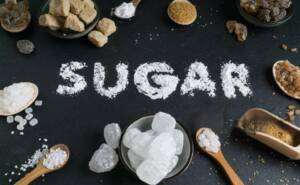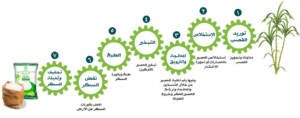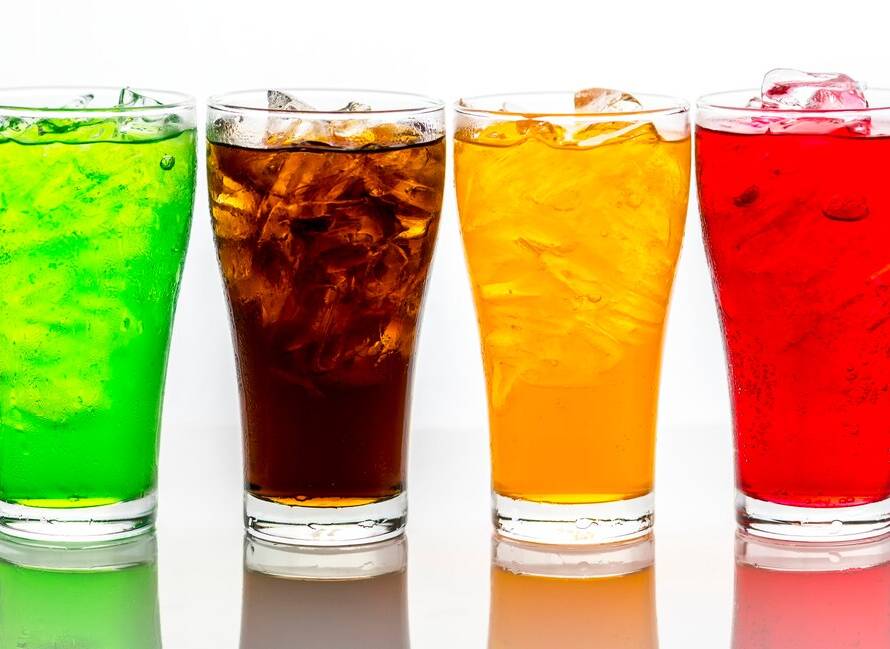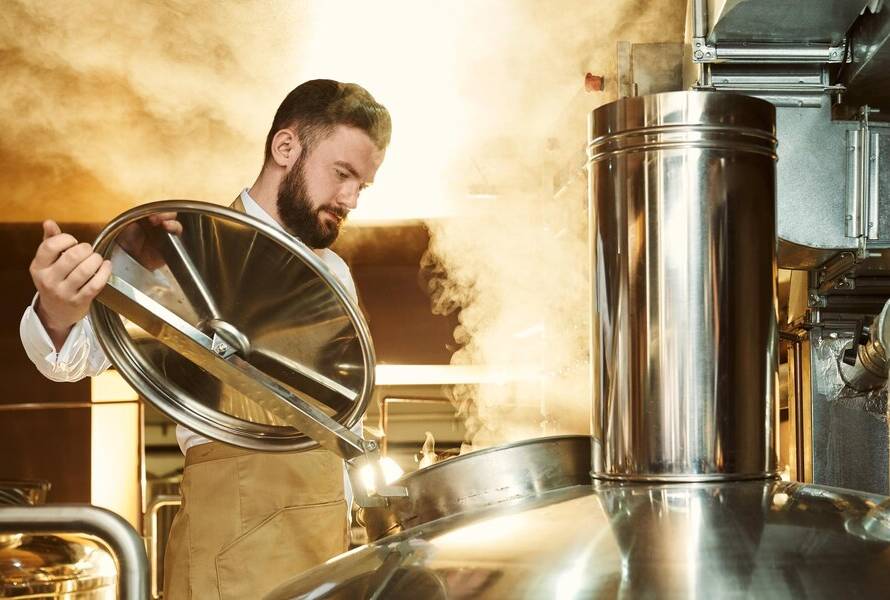
The sugar industry is one of the oldest and most important food industries, as sugar plays a fundamental role in the lives of millions around the world as a main ingredient in many food products. The sugar production process begins with the cultivation of sugar cane or sugar beet, then goes through several complex stages to reach the final product that we use in our homes.
With the increasing importance of quality in global markets, the application of quality assurance in the sugar industry has become essential to maintain high levels of purity and safety in the final product. Quality assurance helps identify and analyze all stages of production to ensure their compliance with the required health and industrial standards, which enhances consumer confidence and the factory’s reputation in the market.
Stages of sugar manufacturing?
The sugar industry is one of the most important food industries in the world, as sugar is used as a basic ingredient in many food products and plays a major role in the pharmaceutical industry. The sugar manufacturing process depends on converting sugar cane or sugar beet into the white sugar crystals that we use in our daily lives. The sugar industry goes through several stages:
1. Juice extraction
The sugar manufacturing process begins with the extraction of juice from sugar cane or sugar beet plants. The plants are cut into small pieces, and then water is passed through these pieces to extract the sugar juice. This juice is the basic raw material from which sugar will be extracted later.
2. Juice Purification
After the juice is extracted, it contains unwanted impurities and fibers. So, the juice is passed through a series of filters and centrifuges to remove the fibers and impurities. Some chemicals are added to purify the juice further, such as lime, which helps in settling the impurities.
3. Juice Evaporation
At this stage, the juice is heated in large vessels under low pressure to evaporate it, which leads to concentrating the sugar in the juice. The evaporation process is repeated several times until the juice reaches a certain stage of density.
4. Crystallization
The concentrated juice is slowly cooled in special vessels, allowing sugar crystals to begin to form. Sugar “seeds” (small crystals of sugar) are added to speed up the crystallization process. The crystalline sugar is then separated from the remaining liquid (molasses) using centrifuges.
5. Drying and Packaging
After separating the crystals, the sugar is dried to remove any remaining moisture. The sugar is then sieved to classify it according to size and quality. Finally, the sugar is packed in suitable bags or containers, ready for distribution and use.
What is Quality Assurance?
Quality Assurance (QA) is a systematic process that aims to ensure that the products or services provided meet the specified standards and meet the agreed quality requirements. Quality assurance focuses on preventing errors and defects at various stages of production or service provision by establishing a set of policies and procedures that must be followed to ensure high levels of quality.
Quality Assurance Standards:
1. Policies and Procedures
Quality assurance includes establishing specific policies and procedures that must be followed to ensure the quality of the product or service. These policies are considered a general framework that covers all stages of production, starting from product design until delivery to the end customer.
2. Standards and Tests
Standards and tests are an important part of quality assurance. Precise standards are set for each stage of production, and periodic tests are conducted to verify the extent to which the product conforms to these standards.
3. Analysis and Evaluation
Quality assurance involves the continuous analysis of processes and products to identify any problems or weaknesses that may affect quality. Appropriate corrective actions are then taken to ensure that these problems do not recur.
Implementation of Quality Assurance in Sugar Factories
1. Importance of Quality Assurance
Quality assurance in sugar factories aims to ensure that the final product adheres to the specified standards in terms of purity, taste and appearance. Quality assurance is essential to meet market requirements and maintain customer confidence.
2. Steps of Quality Assurance in Sugar Factories
A. Chemical and Microbiological Analysis
Accurate chemical and microbiological analyses are conducted during all stages of production to ensure that the product is free of any chemical or microbial contaminants. The juice is examined before and after purification, and periodic tests are conducted on the final product to ensure that it complies with health standards.
B. Monitoring Production Processes
Accurate monitoring systems are used to monitor all stages of production from juice extraction to packaging. Temperatures, evaporation pressure and centrifugal speed are continuously recorded to ensure that the production process is running within the permissible ranges.
C. Training and Development
Training of employees is an integral part of quality assurance. Workers are trained periodically on best practices in operation, maintenance and handling technical problems to ensure the required quality standards are met.
What is the role of ProNano Food Industry Consulting in quality assurance in sugar factories
1. Process analysis and quality assessment
ProNano provides specialized consulting services in analyzing production processes and assessing product quality in sugar factories. Through these services, the company helps identify weaknesses and improve processes to ensure maximum quality.
2. Development of quality systems
ProNano develops and implements Total Quality Management (TQM) systems in sugar factories. These systems ensure the standardization of production processes and the application of standard criteria across all stages of production.
3. Training consulting
ProNano also provides customized training programs for workers in sugar factories, focusing on enhancing knowledge of modern technologies and ensuring the effective implementation of quality procedures.
4. Application of modern technology
ProNano helps in implementing the latest technologies in the field of automated control and data analysis, enabling sugar factories to improve production efficiency and ensure quality continuity.
Quality assurance in the sugar industry is crucial to ensuring the production of high-quality sugar that meets consumer requirements. By implementing quality assurance systems and receiving consultations, sugar factories can enhance their operations and achieve higher levels of quality. With the use of specialized expertise and consultations, the production process becomes more efficient and effective, which reflects positively on customer satisfaction and company growth.
If you are interested in the sugar industry and applying high levels of quality, Brunano is your ideal partner to achieve a purer and higher quality product.
Learn more about ProNano Food Industry Consulting Services
To request a free consultation, contact us



